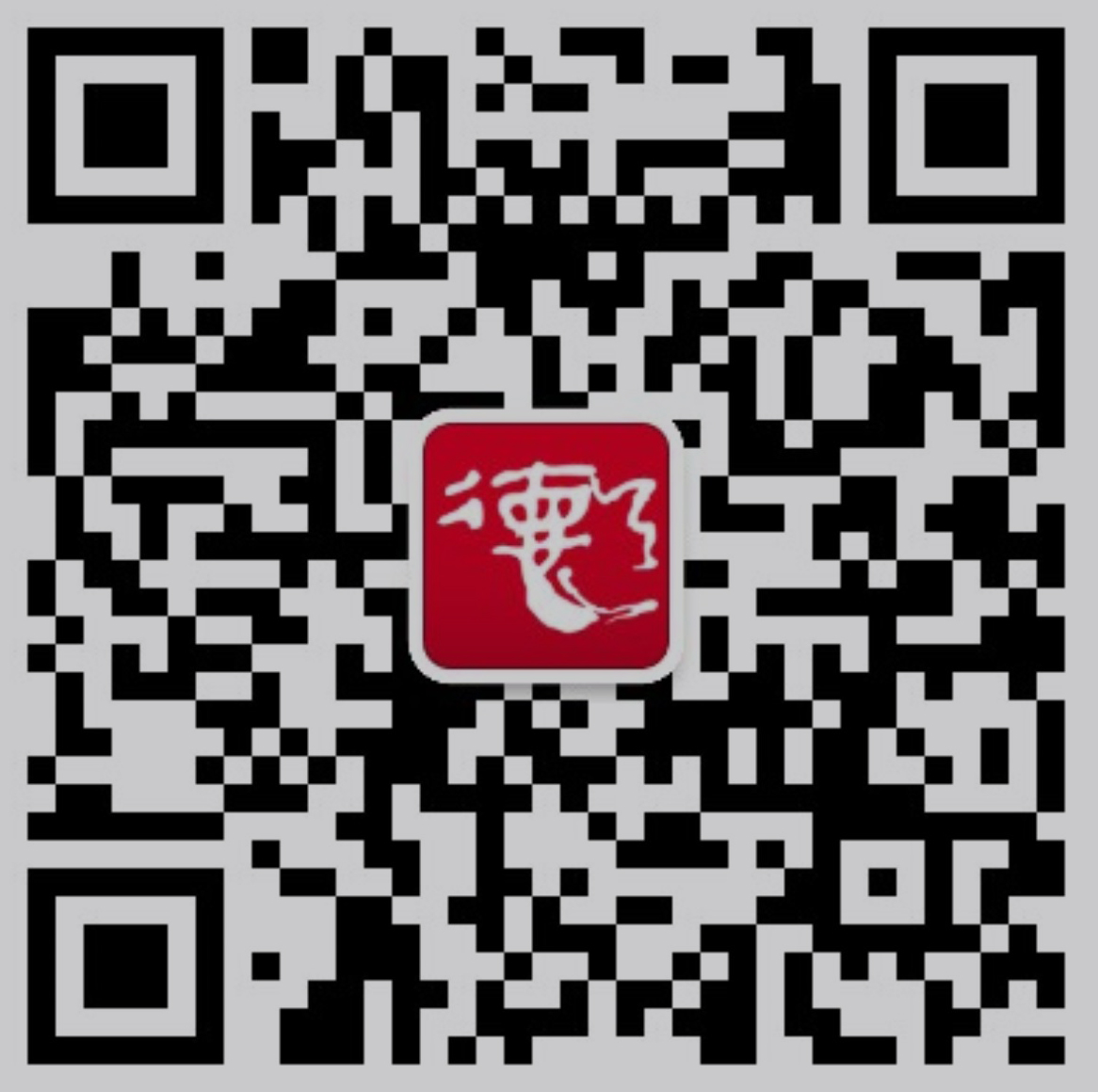Art & Technology—— Technoetic Arts
Program Introduction
The four-year degree program prepares students for a career in new media arts, enabling them to contribute to contemporary Chinese culture, involving new ways of making, exhibiting, teaching, collecting, and evaluating artworks and technologies.
Taught by a distinguished team of international artists, equipped with state-of-the-art technology, the course acts as an incubator of new art forms, promoting innovation of purpose and practice, and providing students with ways of understanding and presenting new forms of artistic and cultural expression through critical discourse, analysis and theory, and navigating the new media art environment that is arising in China, Europe, and the Americas.
The program aims to impart digital skills, enhance creativity, and develop fluency in making, analyzing, and evaluating new media art. Graduates of the program will be part of the important and growing movement of new media art in China, leading it to compete with the rest of the world. Students in the Technoetic Arts program are at the cutting edge of this process, developing a flexibility of mind, manifold skills, and originality of attitude that will enable them to pursue a successful, and remunerative future.
Training Goals
The Advanced Class B.A. Technoetic Arts is designed to prepare students for a career in the field of new media arts. The program aims to enable students creatively to develop a predictive intelligence to tools, materials, software, methods, and processes making technoetic art practice anticipatory whilst grounded in the contemporary art, science, and technology movements.
Curriculum Description
The curriculum aims to enable individual creative development in relation to art, technology and consciousness research, and it is built on the generative principle of the lattice, an open network, consisting of: Information (knowing), Structure (building), Concept (thinking), Analysis (materials, software, tools, systems), Theory (historical and emergent), Social application (real world problems),Speculation (anticipatory, propositional, expressive), Interaction (transformative instrumental), Telematic Narrative (time-based, interactive), Moistmedia (bio, neuro, nano), Syncretic environment(variable reality, modeling, prototyping, Internet of Things), Behavioral studies (performance, identity, collaboration), Communications(language, semiotic systems, cyberception).
Career Prospective
Students may work in a wide range of artistic practices, including digital telecommunications, Internet connectivity, screen-based hypermedia, digital film, multi-media installations, intelligent architecture, smart products, robotics, telepresence, computer modeling of behavior, remote sensing devices, cyberspace and virtual /augmented reality, artificial life, popular culture, contemporary music, sonic art, video art and performance.
Selection of students
Students have to have a proper secondary education with evidence of knowledge and skills in arts, humanities and/or sciences. They need to have an interesting and promising portfolio of selected works (either physical and/or digital), and have computer skills that enable them to work with text, sound, video, and image. Furthermore, candidates have to have: An understanding of the nature, potential, and application of the field of Technoetic Arts. A potential to work technologically, theoretically, critically, and creative in collaborative, transdisciplinary, and transcultural contexts.

Roy Ascott, recipient of the first Ars Electronica Golden Nica award for Visionary Pioneers of Media Art, focuses on the impact of digital and telecommunications networks on consciousness. He has shown at the Shanghai Biennale, Venice Biennale, Milan Triennale, Biennale do Mercosul Brazil, European Media Festival, INDAF 2010 Korea, and the Musée d'Art Moderne, Paris. He has advised universities, arts councils, media centers, and festivals in Europe, Australia, Brazil, Canada, China, Japan, Korea, USA and UNESCO. He is the founding President of the Planetary Collegium, an international network for doctoral research, with its hub at Plymouth University, England. In 2012, Roy Ascott became DeTao Master of Technoetic Arts at the DeTao Masters Academy, to promote the development of teaching and research in art, science, technology and consciousness in China.




 沪公网安备 31011702001042号
沪公网安备 31011702001042号